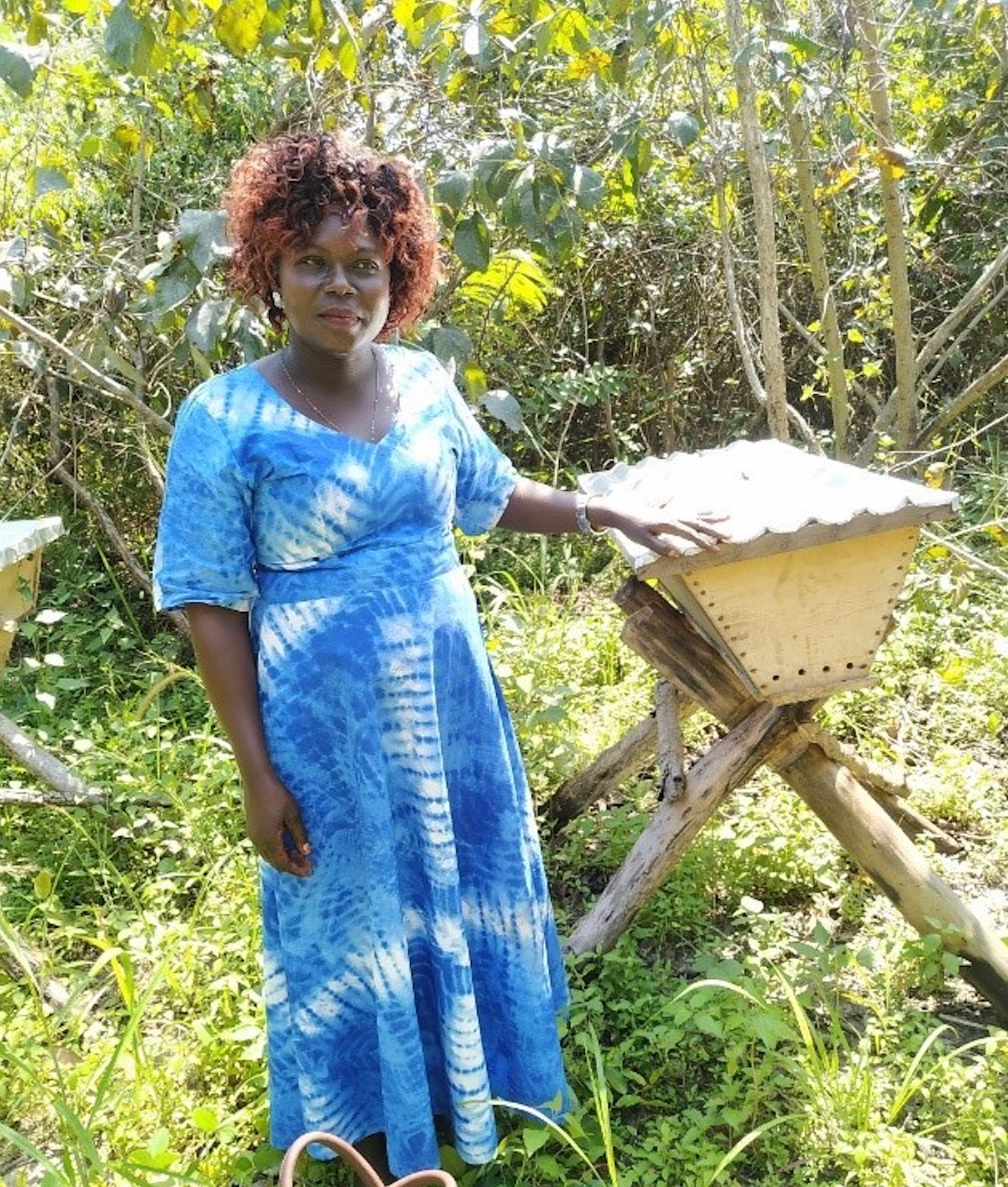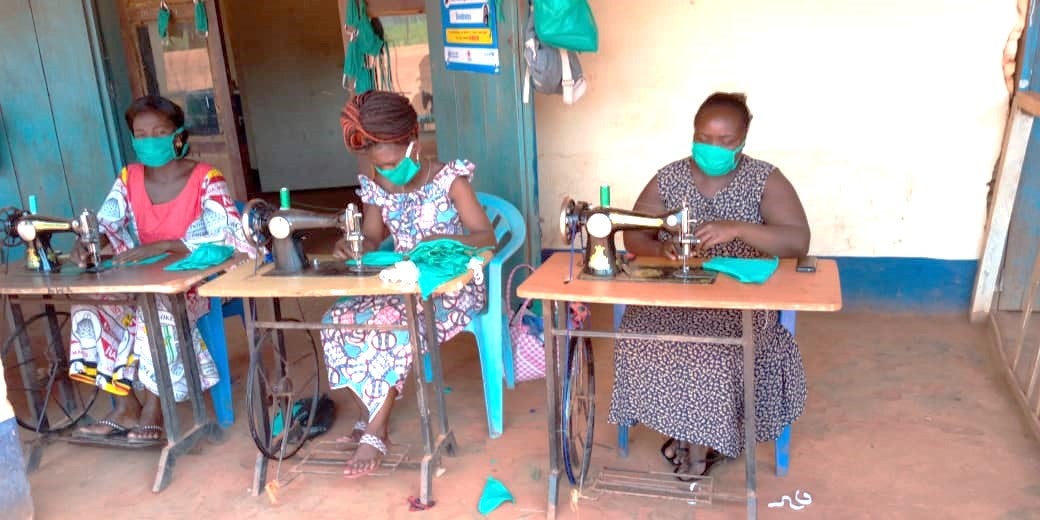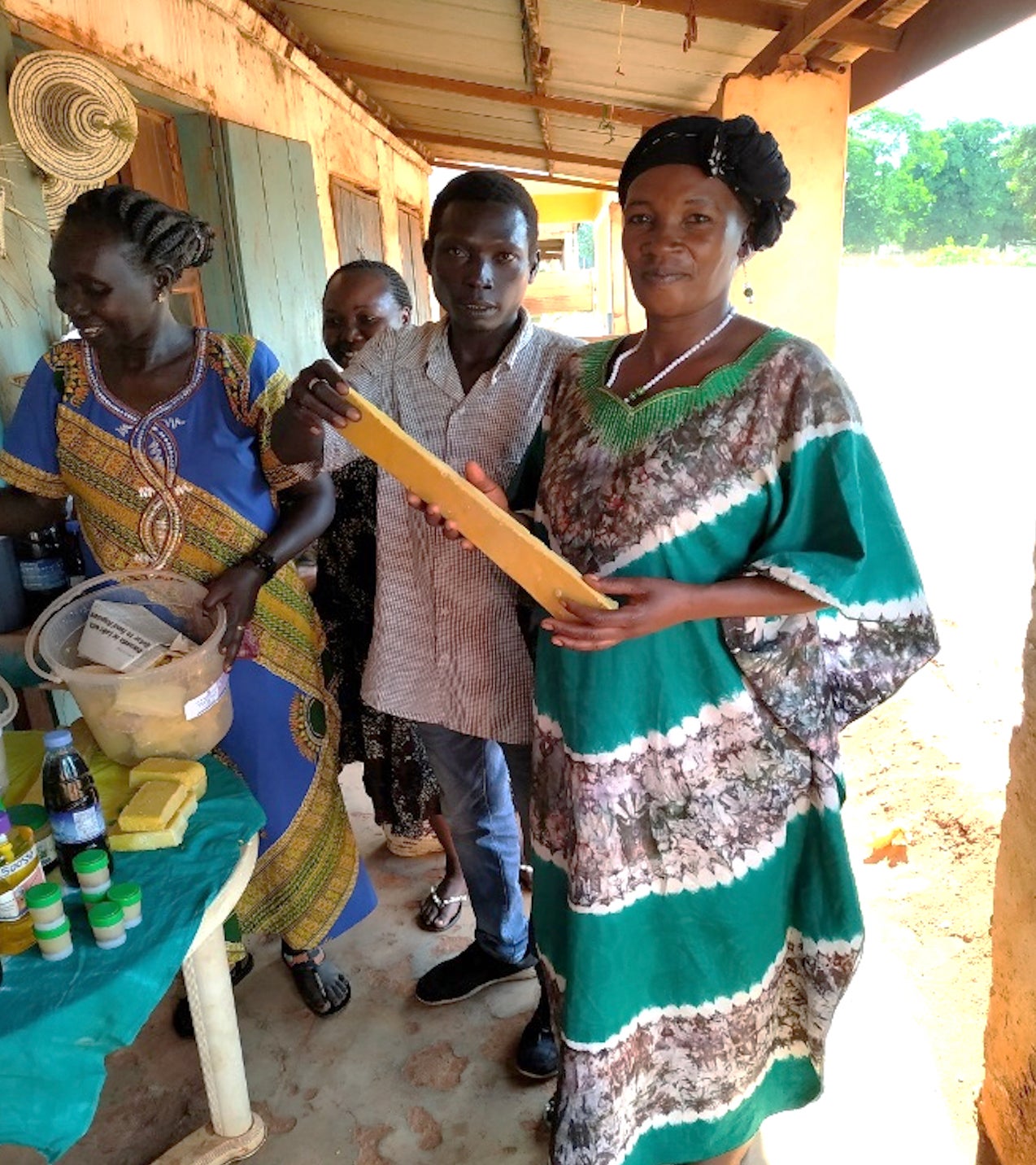Improving livelihoods, remaining resilient in the face of Covid-19
Everywhere in South Sudan, Covid-19 has become a new song, challenging not only the health system, but also threatening livelihoods of the already vulnerable populations. The people of South Sudan have already endured 6 years of terrible war, which has killed more than 300,000 people and internally displaced over 1.5 million, most of whom are living in overcrowded United Nations Protection of Civilian (PoC) sites across the country. Now with the newly formed government of national unity, the country, communities, and households are failing to rebuild, as most of the efforts are going to fighting the Covid-19 pandemic.Date:

As the economy is crumbling, women groups are failing to save and invest. Anika Women Group is one group that is trying some innovative ways to improve the livelihoods of its members, and to remain resilient in the face of the Covid-19 epidemic. Since the government announced the Covid-19 movement restrictions in early March, most of the Anika Women Group members found themselves home without work and incomes. For instance, the groups savings reduced from SSP 25,000 ($84) in February to 13,700 ($44) in March 2020. This meant loss of income and food for their households. “However, through the skills we got from UN Women in tailoring and production of different materials such as honey, soap, candles, and glycerin, through Honey Value Chains, and skills in Savings and Lending, Business and Financial Management, we are looking at Covid-19 in a different way”. Says Anika Chairperson, Emelia Yabang.
“UN Women has supported us with technical skills and advice, and financial support through the Change Agency Organization (CAO) and with this we have managed to reorganize our activities. We have slowed down on production of school uniforms, as schools are no longer operational in context with the Covid-19 epidemic. As such, we are using our tailoring skills to make facemasks, selling each at an equivalent of $1, and we are able to sell over 100 in a week. We are now discussing with the State Minister of Health, to have a contract to produce and supply many facemasks for frontline health workers and the general public,” Yabang explains.

Furthermore, considering the importance of hand washing in the line with the Covid-19 epidemic, UN Women has supported Anika Women to increase production of honey, and production of soap. “With the advent of Covid-19 we have increased production of soap from 60 litters at the end of February, to 130 liters currently due to increasing demand of soap for hand-washing,” Yabang says. The groups revenue from soap making alone rose from $200 in March to $450 by the end of April. This revenue has also increased the groups savings from members from SSP 13,700 ($46) in March to SSP 40,000 ($134) by end of April. “With increased production of soap, candles, facemasks, honey and glycerin, which are still in high demand in the context of Covid-19, we hope to continue to have enough incomes to improve our livelihoods and remain resilient in the face of Covid-19” Emelia Yabang, the group chairperson concluded.
